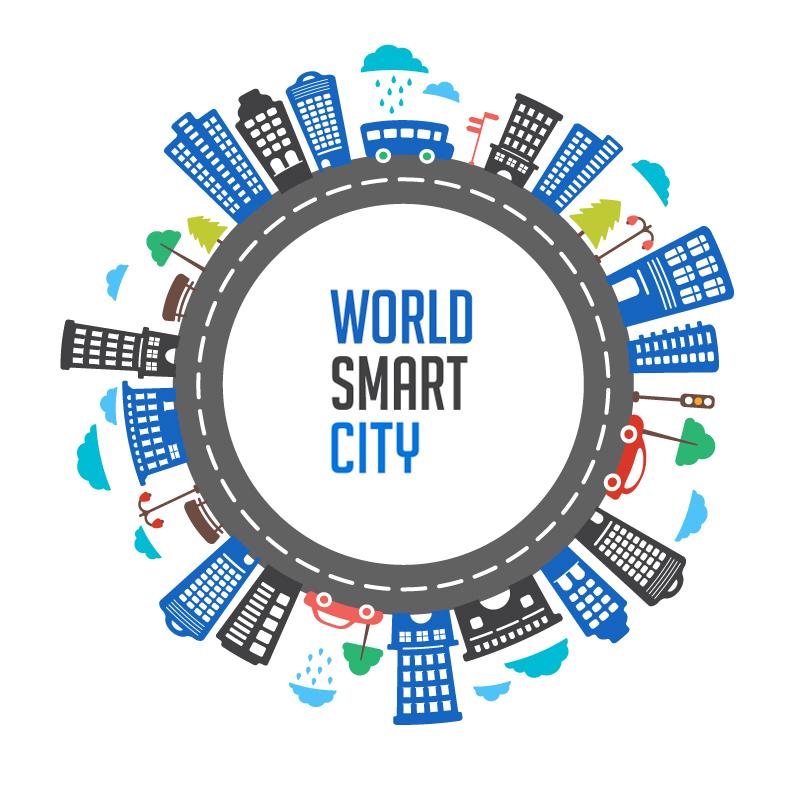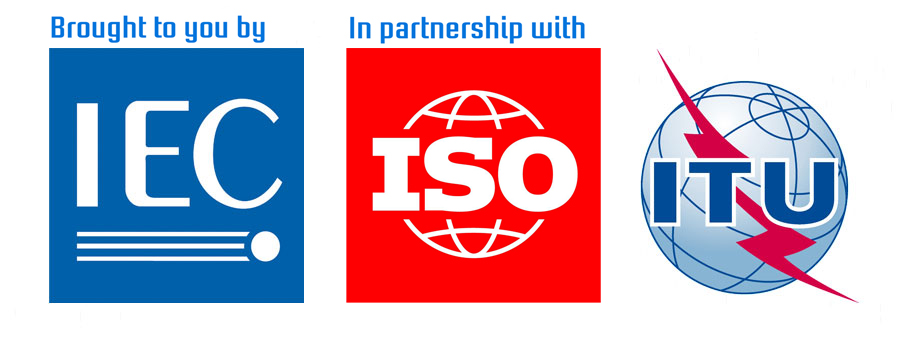Knowing a city’s needs, expanding the conversation about smart cities, realising that Internet is a necessity, and financing were just some of the major issues discussed late last week at the 2016 Smart Cities Week event in Washington, DC.
Know your city and define what ‘smart’ means accordingly
As Dr Aisha Butti Bin Bishr, Director General of Smart Dubai, explained–defining what makes a city smart can be difficult and differs from region to region and even within the same country. What technology is implemented whether air quality sensors on streetlight posts, sensors on garbage dumpsters to help sanitation departments, or public wifi networks will determine that city’s definition of being ‘smarter’.
Washington, DC Chief Technical Officer Archana Vemulapalli noted during one of the plenaries that the key to becoming a smart city is knowing which of those smart technologies your city actually needs. Implementing technology simply because a private sector vendor makes it available is not always beneficial to citizens. For some cities, like DC, improvements in public transport will be key. For others, like Pittsburgh, the focus is on clean energy and air quality given the city’s past as a steel manufacturing hub.
Implementing the most useful smart technology is what takes cities from one-off pilot programmes to integrated, scalable platforms–one of the bigger challenges to becoming a smart city according to San Diego’s Deputy Chief Operating Officer for Neighborhood Services, David Graham.
It’s not just a technical conversation
Nearly every speaker at Smart Cities Week said part of that success in moving from pilot programmes to scalable solutions noted that working across city government agencies and with the academic and private sectors was important.
Debra Lam of Pittsburgh’s Department of Innovation and Performance noted during a panel on becoming a gigabit city that any smart city technology conversation within city halls “shouldn’t be limited to a technical conversation”, the services made available by that technology are for public good and need to be discussed as such.
By expanding the conversation beyond city engineers, innovation officers, and senior staff of mayors, partnerships are forged with local academic institutions, private sector vendors, and even programmes with central governments that could assist with funding and expanded resources.
Broadband and wifi have become public necessities
Jim Kurose, who serves as the assistant director of the National Science Foundation’s (NSF) Computer and Information Science and Engineering Directorate, said during the opening plenary that research done on smart city technology should not happen in ivory towers, but must foster better citizen engagement.
Without citizen access to reliable, high speed broadband and/or wifi, the participation rates in studies to determine what gaps smart cities technologies can fill may not be accurately identified. Often this is the case with poorer populations in cities who lack mobile data plans or high-speed internet in their homes. As San Antonio, Texas Chief Technology Officer Hugh Miller explained during a panel discussion: broadband is “a critical utility” like power or water and citizens need it to advance.
The US government address a major issue in implementing smart city technology: financing
One of the underlying concerns for cities is how to afford smart technology. Though it may be needed to fill crucial gaps in servicing the public, funds may not be able to be reallocated.
To assist with that, the White House announced the central government would make a new investment of US$80 million for smart cities. It is an expansion of an initiative started last September and includes US$15 million to improve energy efficiency through data gathering, US$15 million for research in improving transport, and US$10 million for natural disaster response programmes.
The NSF also made an announcement of US$60 million in new funding for their Smart Cities Initiative. The funding will cover a research task force dedicated to finding solutions for cities, expanding internet architecture within cities, transport efficiency, networked computing systems, health research, and several other pressing issues facing cities.
For more insights visit www.cities-today.com and join the conversation on Twitter: @cities_today.


